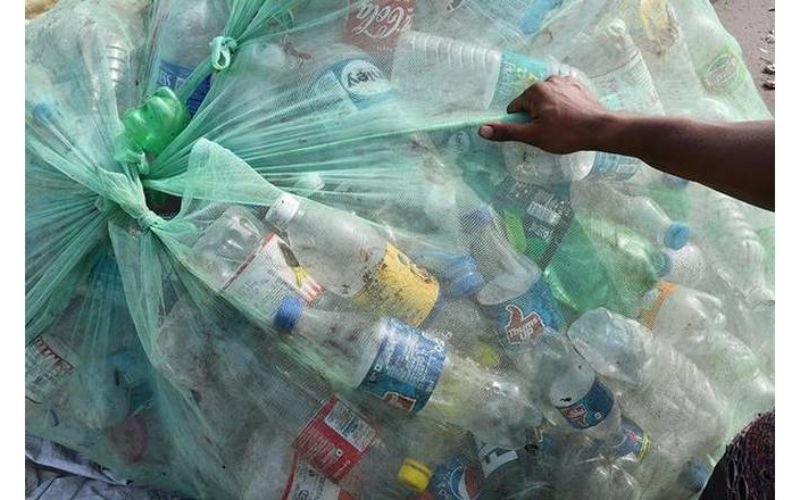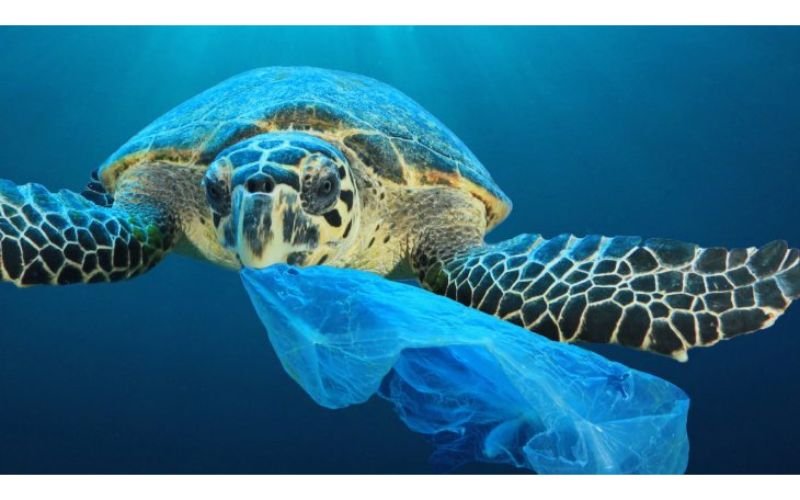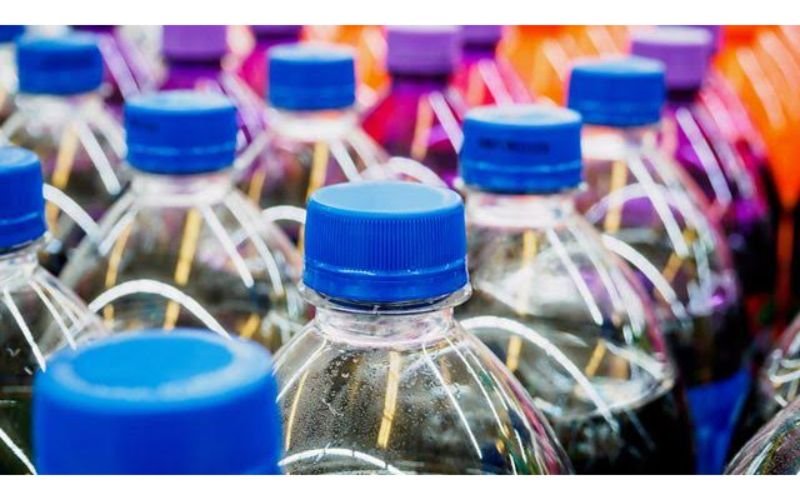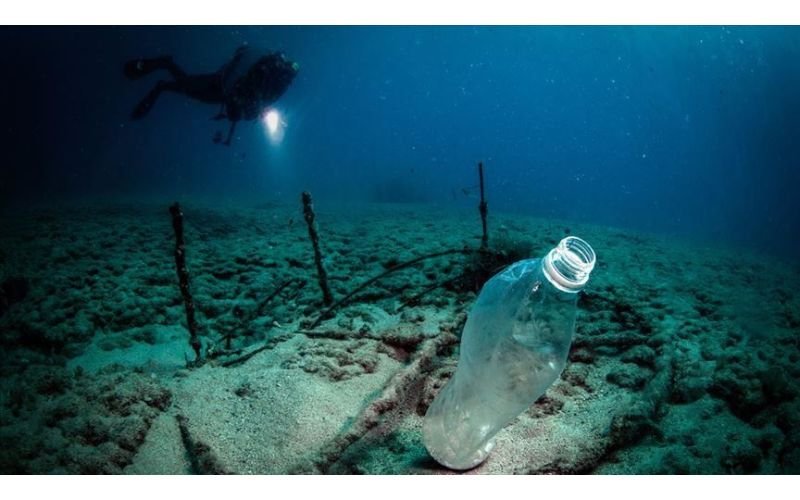The Union Food and Consumer Affairs Minister, Mr. Ram Vilas Paswan has ordered aerated drinks giants Pepsi, Coco-cola, and other packaged drinks manufacturers to come up with alternative environmentally friendly packaging solutions.
Single-use plastic items will be banned in India from October 2, 2019. These will include small plastic bottles, plastic bags, straws, cups, plates and certain types of sachets. As per leading publications, six single-use plastic items will be scrapped with effect from the 2nd, including plastic bags, straws, cups, plates, small bottles and certain types of sachets. The ban will also cover import of these items, usage, and manufacturing as well.

All ministries have been asked to actively participate in the campaign, following Prime Minister Narendra Modi’s aim to make India free of single-use plastics by 2022. This campaign happens to be a part of the central government’s Swachh Bharat drive.
What Is Single-Use Plastic?
Simply put, single-use plastics are the kind of plastics which can be used only once, before it is either thrown out, or recycled.
Single-use plastic items include plastic bags, water bottles, soda bottles, straws, plastic plates, cups, most food packaging and coffee stirrers.
Plastic, The Global Menace?
At this day and age, no one is oblivious to the fact that plastics are a raging concern. Plastics are a part of almost every daily use item, and plastic waste disposal, and management is a rising global concern. Non-biodegradable plastic which is produced every year makes up for irreversible land and water pollution. Several countries across the globe have adopted and are consciously implementing strategies to eliminate and minimise the use of single-use plastic.

It is said that only about 1-13 percent of all plastic items that we use can actually be recycled. The rest often ends up in water systems, or gets buried, or lies around for years in landfills. A deadly amount of plastic has now started to reach our oceans, so much so that it is greatly affecting the marine life!
This has become a menace to an extent that the non-biodegradable plastic that reaches water systems, breaks up over time and releases toxic chemicals in water, which eventually makes its way to humans via the food chain. If this doesn’t happen, huge plastic dumps get accumulated everywhere.
How Is India Helping Curb The Use Of Single-Use Plastic?
With the scraping of single-use plastic in effect from 2nd October, this is the first phase of India’s campaign, which also includes nation-wide awareness around the harmful nature of these plastics. In the second phase, the government is expect to hire agencies that will collect single-use plastic items, and they will be recycled in the third and final phase.
Soon, there will be penalties for those (manufacturers or otherwise), who will violate the ban. According to some online reports, the penalties are expected to “come into effect six months after the ban, in order to give people time to adopt alternatives to the single-use plastic items”.
India has already stepped up, with states like Maharashtra, Karnataka, Uttar Pradesh, Tamil Nadu, Nagaland, Sikkim, Delhi, and Jharkhand having introduced the ban on sale, storage and use of single-use plastic items. Air India has also announced that it will actively stop the use of these plastics from 2nd October.
What’s The Global Status On The Single-Use Plastic Ban?
The EU is on a mission to eliminate Single-use plastics by the year 2021. Everyday items like straws, plastic cutlery, cotton buds, and the like will be cut off efficiently owing to European Union’s agenda. Countries like China have also been cutting on the use of the plastics, with the Chinese government having imposed a ban on the import of foreign plastic waste. This has led to big nations like the US and UK to find new outlets to dispose off their plastic trash.

As much as this has become a mandatory change if we care for the environment, and want us hail and hearty in the coming decades, it will be interesting to see how alternatives for the single-use plastics will come into being. Owing to the fact that these plastic items especially packaged water which is purchased in huge quantities also needs to be affordable for people to buy it. The sealed water bottles have been a great alternative for travellers who obviously want clean, safe water in order to avoid any water borne diseases.
Following the ban, and limited recycling options, the manufacturers will now be looking at degradable options. The railway ministry is also set to look at alternatives to make their packaged drinking water – Rail Neer’s packaging degradable.

How Can You Do Your Bit?
While the government has already set agendas, you can also do your bit in trying to save the environment. From carrying steel water bottles, to avoiding plastic straws and cutlery, avoiding hoarding plastic waste in terms of shampoo bottles, shower gels, plastic ear buds, and toothbrushes. One can switch to eco-friendly options, so we can chip in our bit to save our environment. Whenever you buy stuff now that the internet has made it so much easier, take a minute to decide whether you “need” it, or “want” it!
You can read ideas as to how you can minimize impact on the environment in our piece – here.
Let’s embrace our environment, we don’t have a planet B.


